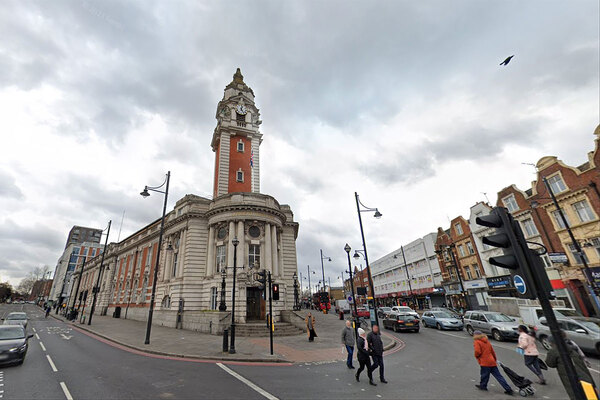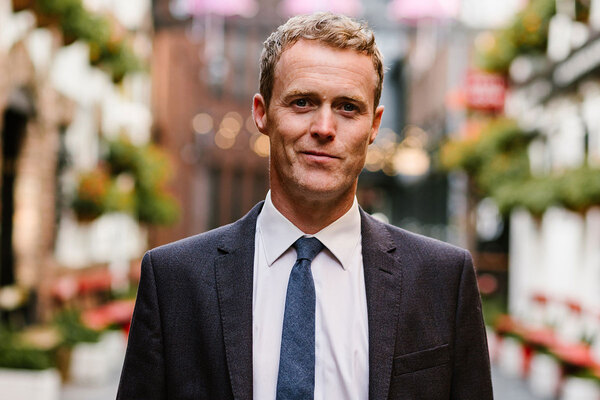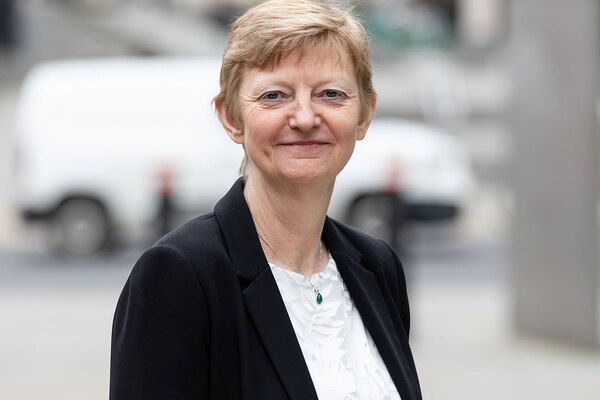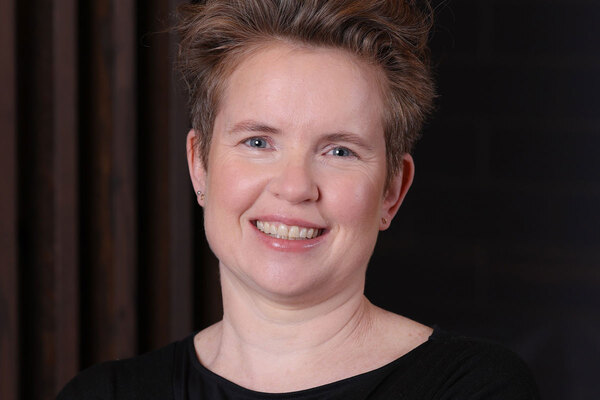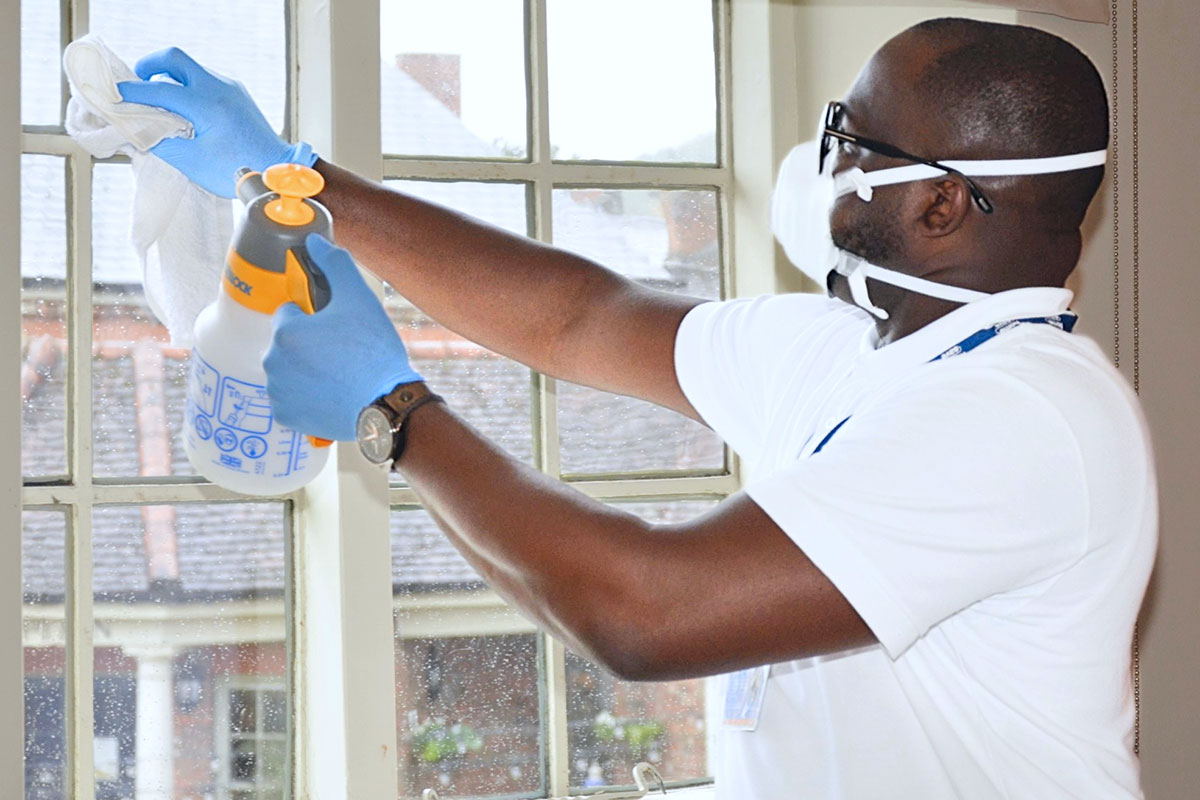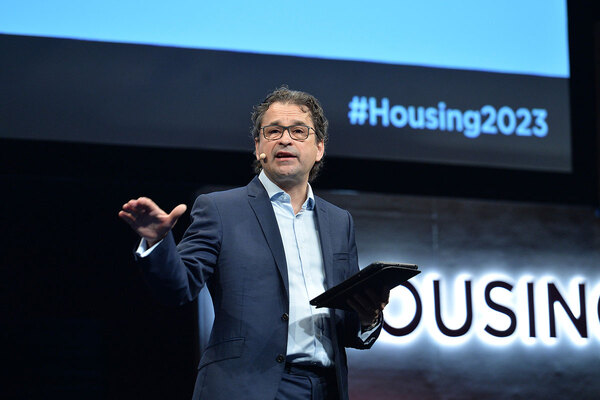You are viewing 1 of your 1 free articles
The government needs to act on affordability
A looming affordability crisis means the new government needs to do more to support those in dire need of housing, says the Chartered Institute of Housing’s Terrie Alafat
Since the snap general election was announced last month, Brexit has been dominating the debate on the entirely understandable basis that our departure from the European Union could have a profound effect on future generations.
But if that is enough to put Brexit at the top of the next government’s ‘to-do’ list, we cannot allow housing to be pushed much further down the agenda. After all, the cost of housing is already having a huge impact on people all over the UK. Young people in particular are already paying the price for our broken housing system, and if things carry on as they are, their children and grandchildren will be left to cope with an increasingly unacceptable situation.
I was struck some months ago by a piece on BBC Breakfast which asked young people what they wanted to see the government prioritise when Theresa May took office. They all said the same thing: housing.
“We cannot allow housing to be pushed much further down the agenda.”
This comes as absolutely no surprise when you look at the evidence. Our analysis shows that average private rents are more than a third of average monthly incomes across England – a percentage that rises to more than 40% in the South East and almost 70% in London. Meanwhile, average house prices are more than seven times average earnings, while Shelter estimates that it would now take a childless couple 6.5 years to save for a 20 per cent deposit, rising to 13.5 years in London. For a couple with one child, these figures rise to 12 and 26 years.
Earlier this month, research from Legal & General (L&G) and the Centre for the Economics and Business Research forecast that the ‘bank of mum and dad’ will lend more than £6.5bn this year to help their children get on the property ladder, up 30% from £5bn in 2016. Nigel Wilson, chief executive of L&G, rightly commented that these findings show widening intergenerational inequality as well as the result of our broken housing market.
So private housing is becoming increasingly unaffordable, and at the same time we are losing more affordable social rented housing. Our research shows nearly 250,000 of these affordable homes could be lost between 2012 and 2020.
Only 32,110 new affordable homes were delivered in 2015/16, which is the lowest level since 1991/92, at a time when need is increasing.
Put yourself in the shoes of a young person or family looking out onto that landscape.
Even if you earn a decent wage, how can you be expected to afford to save for a deposit or enjoy a decent standard of living if your only option is to keep paying a private rent which is already taking up a significant proportion of your pay packet?
READ MORE ABOUT THE CIH
CIH launches hunt for next president
If you’re on a lower income or receiving benefits then the situation will be even worse. If you’re a private renter, the support you receive is likely to be no longer reflective of your rent, meaning you may have to dip into money that is meant to pay for your food and clothes. Worst of all, you may have found yourself without a roof over your head or in an unsuitable home.
This situation will simply not change unless a bolder, more co-ordinated and more long-term plan is put in place.
The current government’s change of approach and some of the measures unveiled in the Housing White Paper have been encouraging. But we need to do more, and this election is a chance for all the parties to think about what should be in their plans.
At the Chartered Institute of Housing, we believe the next government should look at rebalancing the housing budget – affordable housing currently accounts for just 16% of direct total investment.
They should also take the opportunity to review the welfare reforms which have been brought in since 2012 and those that are still to come. The cumulative impact is causing real hardship for people across the UK. Our research has shown that 116,000 families (and 300,000 children) will be affected by the reduced benefit cap which came into force in November, leaving them with a weekly shortfall of more than £100 in help with their housing costs in many areas.
“Affordable housing currently accounts for just 16% of direct total investment.”
We are getting to the stage where even the most affordable housing is out of reach for people who need any kind of help with their housing costs. But there are measures which could make a real difference – raising the benefit cap for example, exempting social housing from the Local Housing Allowance cap and making sure supported housing is fully funded now and in the future.
We also need more action on homelessness, which has been steadily rising in all its forms since 2010. The new Homelessness Reduction Act is a good first step, but legislation on its own is simply not enough – councils must have the resources they need to deliver their new obligations.
Ultimately, each political party must see this election as a chance to step back and take in the scale of the challenge we face – to look at the big picture and commit to a long-term, pragmatic and bold plan to help us make a real impact.
If we fail, the implications for future generations will be huge.
Terrie Alafat, chief executive, Chartered Institute of Housing

